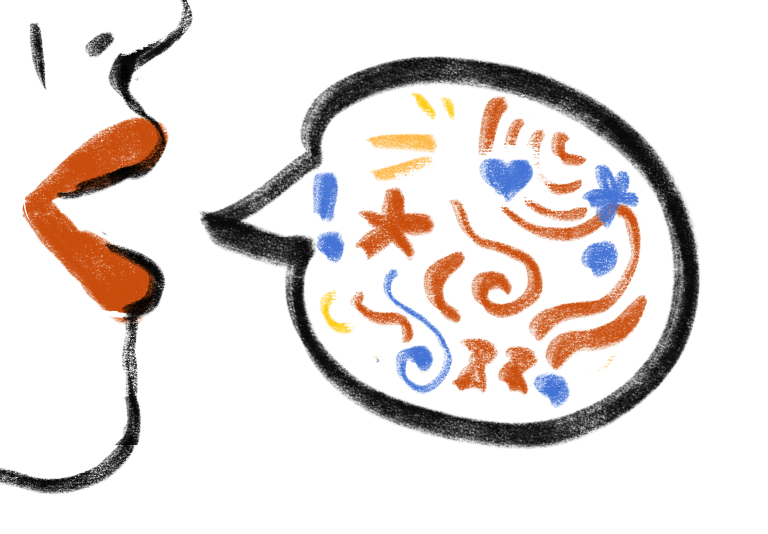
Tia Trinh
Arts & Entertainment Co-Editor
“Everyone has a story,” is what the 23rd Poet Laureate of the United States, Joy Harjo, reminded the audience of students and community members at Isla Vista (I.V.) Theater.
Under the spotlight of I.V. Theater, Joy Harjo took the stage to read and discuss just a handful of her many poems. On May 15, she spoke at UC Santa Barbara (UCSB) as a part of the “Love” series put on by UCSB’s Multicultural Center (MCC). Harjo, who was named the 23rd Poet Laureate in 2019, was the first Native American to hold the position and the second to serve three terms in this role.
Part of the Mvskoke Creek Nation of Oklahoma, Harjo discussed how her own culture and traditions have become intertwined with that of contemporary American culture. Born in Tulsa, Oklahoma, Harjo has continued to stay involved and connected with her tribe and culture throughout her academic and professional career. Amongst a wide selection of works, she has published 10 poetry books, a memoir, and three children’s books.
A renowned poet, author, and musician, her spoken and musical stories speak to her own experiences and that of her ancestors and future generations. At the I.V. Theater, Harjo shared that connection and love with everyone.
“There is no culture without the land,” Harjo emphasized as she began her reading with a land acknowledgment accompanied by the flute. On stage in a red vest, button-up, long black skirt, and red boots, she captured the attention of all in the crowd. Harjo had brought up multiple poetry books with her, but ended up only reading out of a select few, admitting that there were still many she wished to share.
As she read various poems, including “I Give You Back” and “My Man’s Feet,” Harjo touched upon moments in her life that inspired these powerful poems. These same moments continue to influence her life. The former poem speaks to fear and the manner in which she has learned to handle it with the rise of media and its constant feeding of distressing news.
She discussed this moment as one of many that led to her pursuit of poetry. She described poetry as the “use of language when you have no words.” Despite starting as a pre-medicine major at the University of New Mexico, Harjo ultimately found her calling and switched to a poetry major. Through this, she found comfort and learning through the craft of words.
“In my loss-ness, I was trying to find a way home,” Harjo said after reading her poem, “The Path to the Milky Way Leads Through Los Angeles.” The poem, and Harjo’s commentary, discussed feeling loss in both directions and in her own life. Harjo’s reading of her poetry was strong in both delivery and words. It was impossible to look away when her poems spoke to the brutal honesty of life.
After a series of powerful poems, Harjo jokingly stated that she needed to read something more lighthearted to lift up the atmosphere of the room. She started with “My Man’s Feet,” a love poem dedicated to her husband. Like many of the other poems she read, it calls to ancestry and appreciation of the land.
Harjo ended with a reading of her poem, “Remember.” Published in her most recent book, she once again brought the audience back full circle to her acknowledgment and emphasis on the land and culture.
The reading was followed by a brief Q&A session where the audience had the opportunity to thank and ask Harjo questions about her work and life. Multiple students asked about overcoming fear, gaining clarity, and confidence in pursuing one’s passion, all of which were topics that Harjo had touched on in her poems.
Harjo spoke to the beauty of poetry and life. In weaving together her experiences with spoken and written words, she breathed life into the stories that she offered to the audience. To Harjo, poetry was a calling that she could not ignore. Sometimes, she noted, poetry helps us to “speak the unspeakable.”










